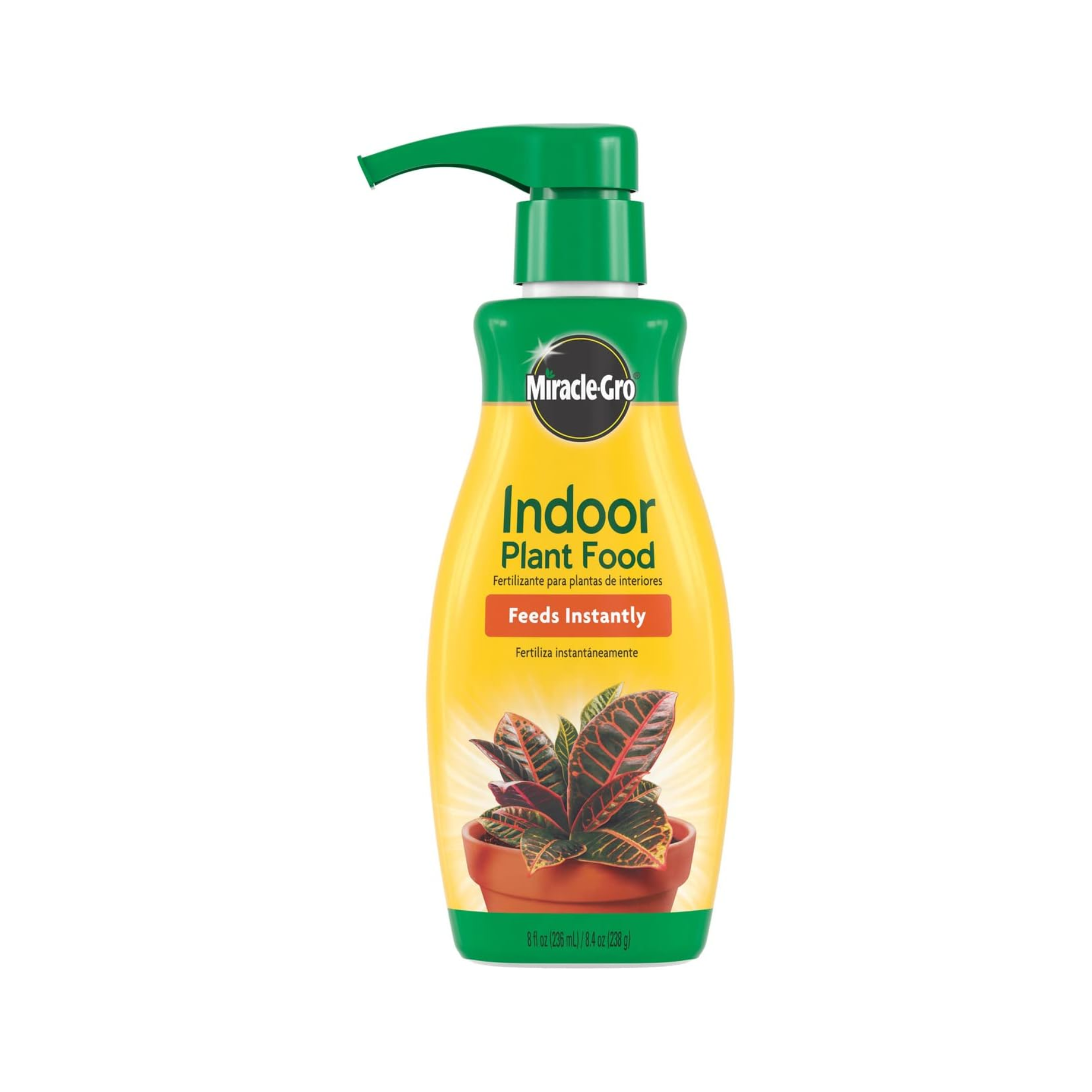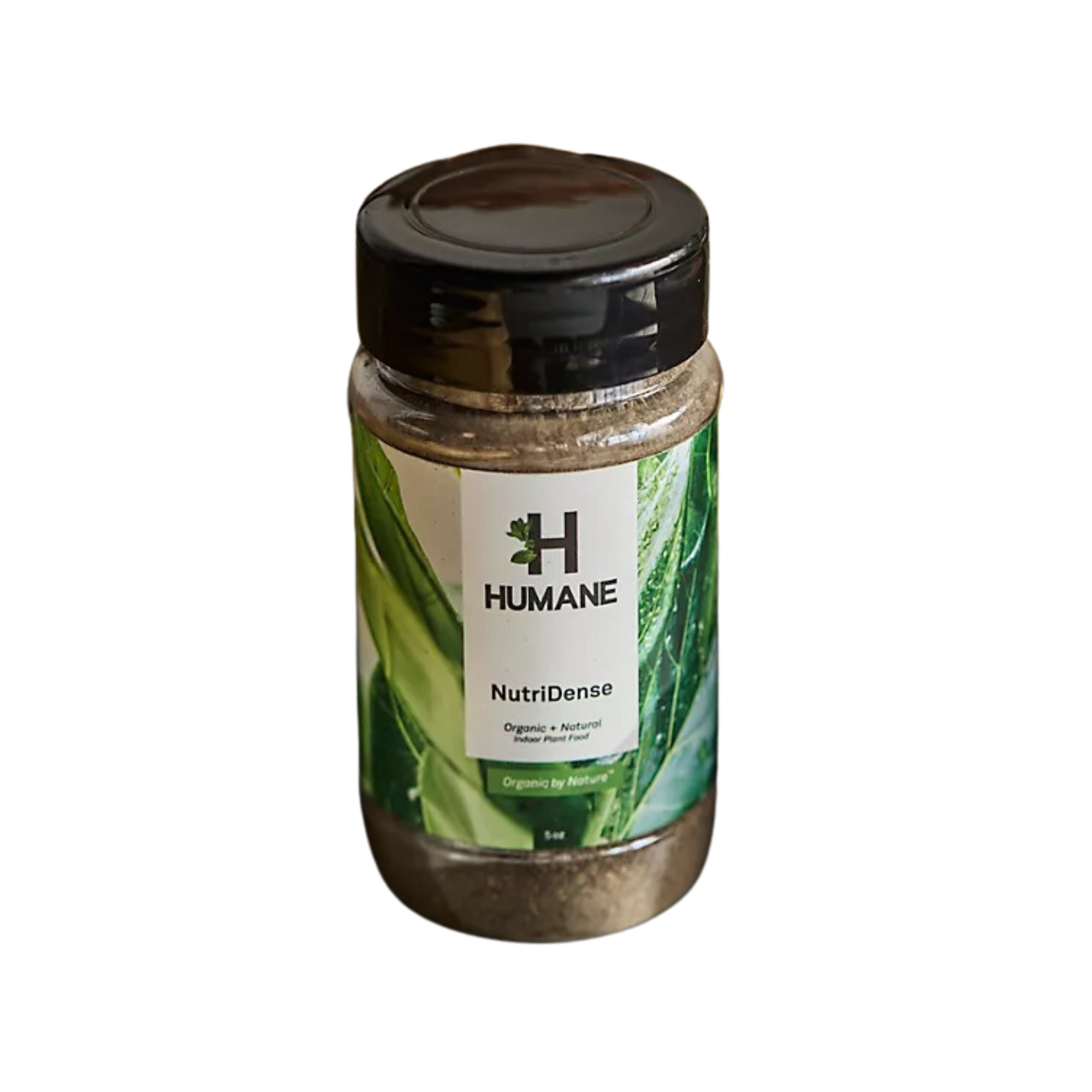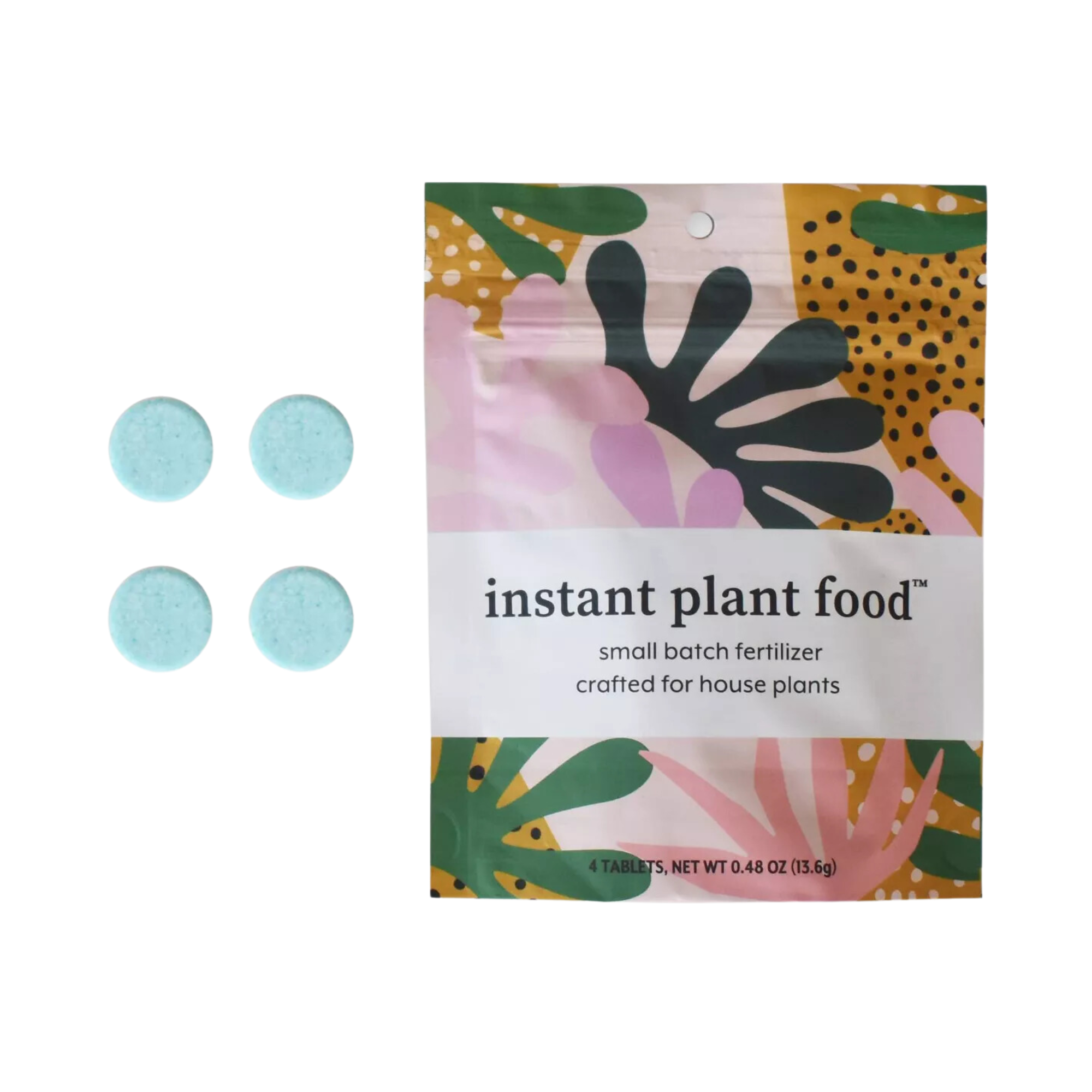Experts Explain When to Fertilize Houseplants for the Healthiest Indoor Garden Possible
This is when to fertilize houseplants to optimize your feed and boost your indoor plants' growth
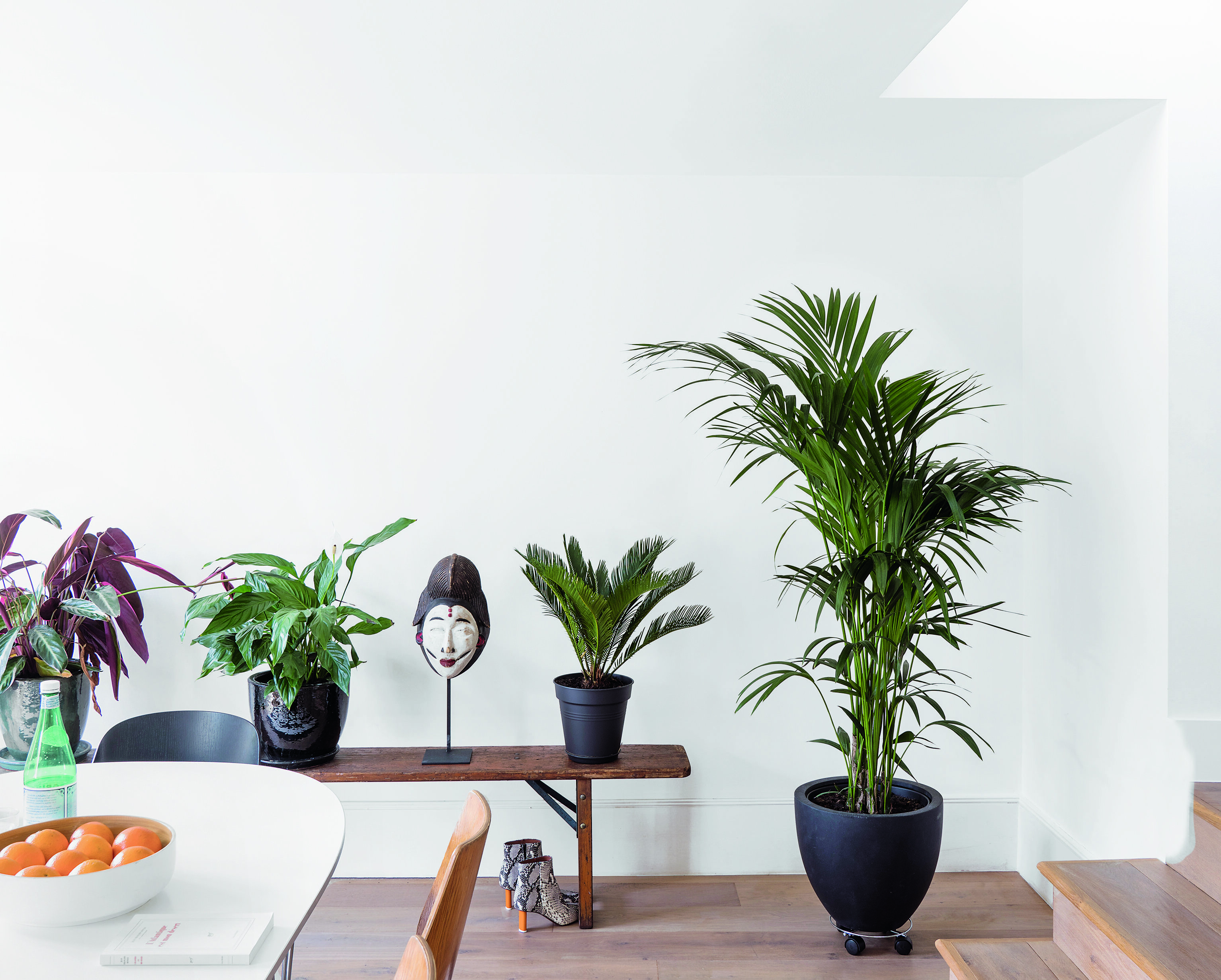

Wondering when to fertilize houseplants? Timing it right is more important than you might think, especially if you want flourishing foliage for the rest of the year. The window for opportunity for feeding, however, is relatively small.
We all know a timeless trick to flawlessly refresh any indoor space is to introduce houseplants to your home. Strategically styling container plants in and around the airy rooms of your home can breathe life into them while also grounding your home's atmosphere for an earthy appeal. The striking foliage makes a world of a difference to a bare space and has proven to be an accessory that adapts well to any space, regardless of theme.
However, if there's one thing you want to avoid along the way, it's the appearance of sad, wilting houseplants that look like they're on their last leg. Despite the fact that most of the best houseplants for beginners are fairly easy to care for, experts tell us that a lack of timely fertilization is an unfortunately common error made by most plant parents. So we asked them when we should be fertilizing our container plants to maintain a thriving indoor ecosystem.
When to fertilize houseplants
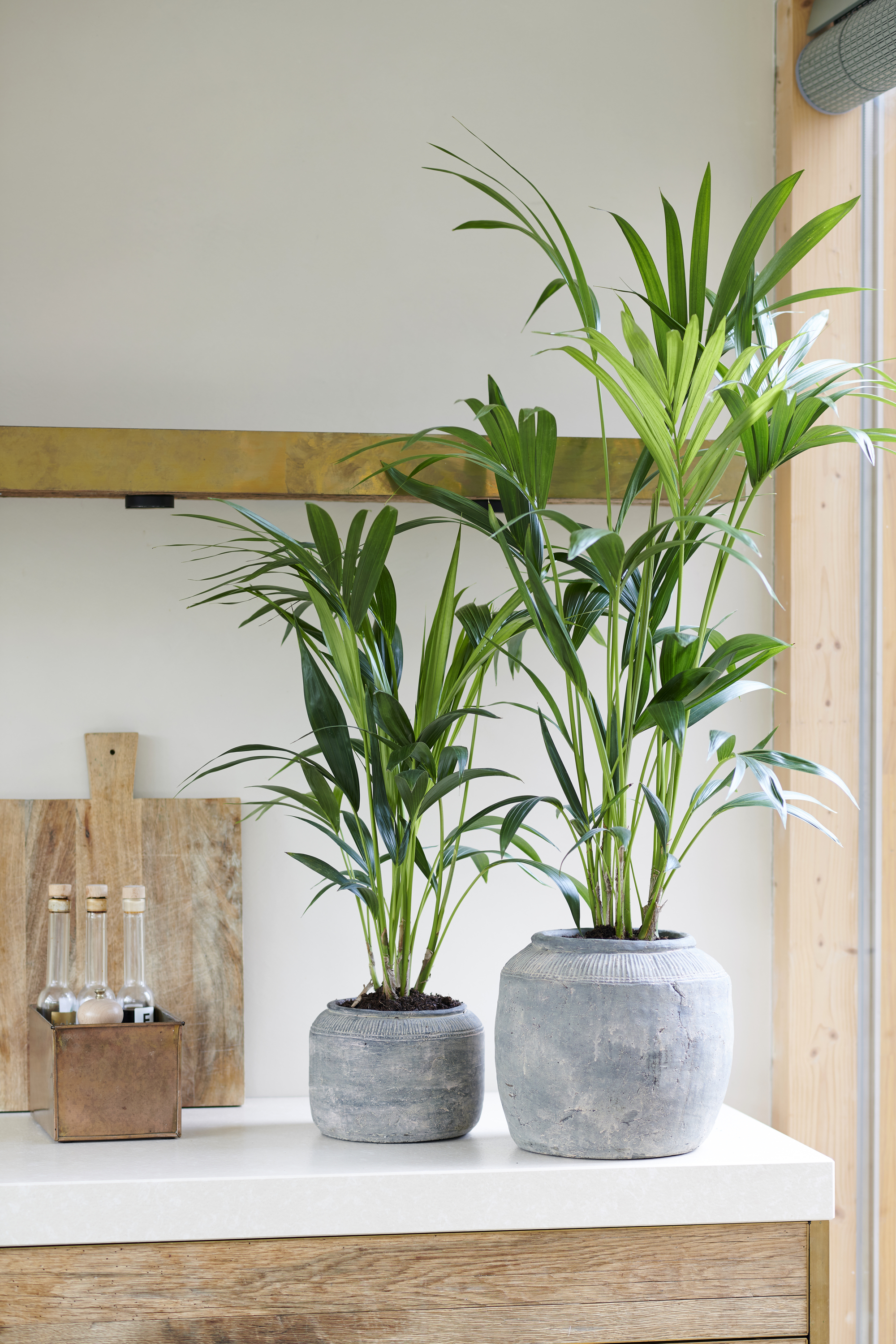
Justin Hancock, horticulturist at Costa Farms, makes it clear to us that there has never been a better time to address this concern since we are currently amidst the best possible time to fertilize our indoor plants.
'In the average home, spring and summer are the best times to feed houseplants,' says Justin. 'Since the light coming in our windows is generally more intense and the days are longer, plants require more fuel for growth and greatly benefit from the additional nutrients fertilizer provides.' Having said that, Justin also explains that certain houseplants that sit by large sunny windows or indoor blooms that are being augmented under plant lights require fertilization year-round.
Similarly, Anastasia Borisevich, a plant expert at Plantum, explains that feeding is essential for potted plants since they are much needier than those growing in the open ground. 'Houseplant's increased need for nutrition can be owed to the fact that their roots don’t have as much space to spread over and there is a limited amount of nutrition available in a small area,' she notes. Anastasia recommends fertilizing your indoor garden every 10 to 14 days in the warmer seasons of summer and spring while feeding them only every fourth watering during the cooler seasons of autumn and winter.
What should I fertilize my indoor plants with?
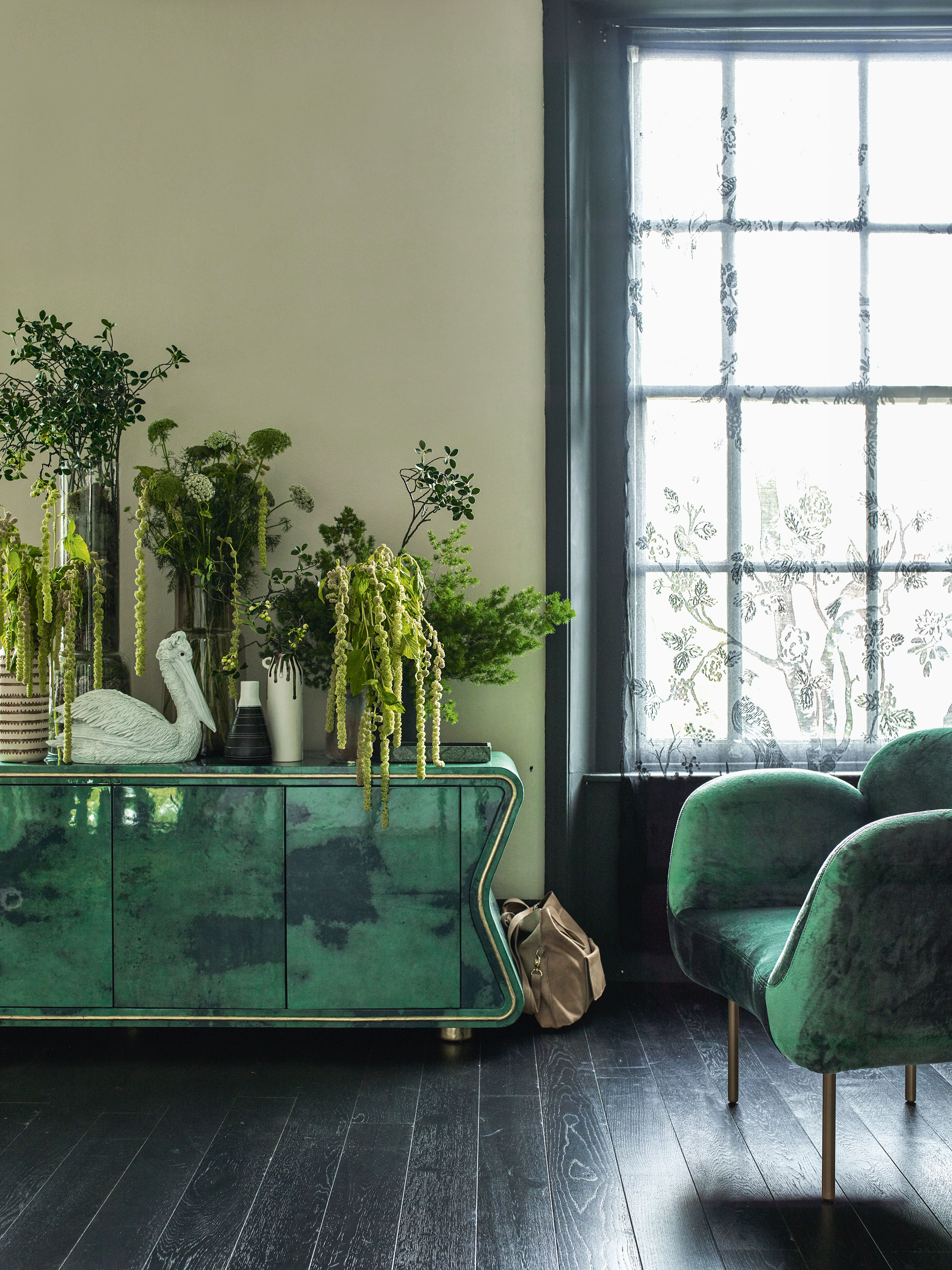
Regardless of whether you own low-maintenance houseplants, every live indoor plant requires a dose of nutrition every now and then. Justin tells us that the optimal frequency of fertilization can also depend on the nutritional format that you opt for when feeding your houseplants. His favorite form of fertilizer and essentially one of the more convenient food formats is that of time-release fertilizers.
'Also known as slow-release fertilizers, they're typically sold as granules or prills that slowly release nutrients to your plants over the course of weeks,' says Justin. 'I personally prefer this type because you need to use it less frequently and it provides a steady supply of nutrients to your plants, unlike some of the other types.' And Justin isn't alone in his choice of fertilizer, Anastasia also prefers time-release fertilizers and points out that just one application may last anywhere from two to 18 months.
According to Justin, liquid fertilizers and liquid soluble fertilizers are more commonly available and tend to be reliable options for most plant parents. However, Justin notes that these kinds of fertilizers require more frequent reapplications, as per the varied instructions that come with each brand of plant food.
But the one thing that both Justin and Anastasia urge plant owners to watch out for is over-fertilization. 'Nutrients are typically delivered in the form of nutrient salts and over-fertilization (either too much at one time or too frequently) causes a buildup of these salts in the soil which can stunt or even kill a plant,' says Justin.
'Feeding your plants may be time-consuming, but you will reap many rewards in the long run with the beauty you are creating,' says Anastasia, and we couldn't agree more. If you feel like you've never been able to keep a house plant alive, irregular fertilization might be the one hurdle standing in your way to being a star plant parent. Find your plant's nutrition needs and tend with care, for before you know it, you'll have an indoor jungle that perfectly compliments your sanctuary of a home.
Our top buys for thriving houseplants
Be The First To Know
The Livingetc newsletters are your inside source for what’s shaping interiors now - and what’s next. Discover trend forecasts, smart style ideas, and curated shopping inspiration that brings design to life. Subscribe today and stay ahead of the curve.

Amiya is a Home Wellness Writer at Livingetc. She recently graduated with a Masters Degree in Magazine Journalism from City, University of London, and has lent her words to beauty, fashion, and health sections of lifestyle publications including Harper’s Bazaar and Women’s Health. Her experience as a research analyst has equipped her with an eye for emerging trends. When she’s off the clock, she can be found reading, listening to music, or overanalyzing her latest Co-Star update.
-
 Jeremiah Brent Captures the Grit and Glamour of NYC in His New Loloi Collaboration
Jeremiah Brent Captures the Grit and Glamour of NYC in His New Loloi CollaborationThe TV-famous interior designer looked out of his own window — and hit the pavement — for a collection that turns city spirit into tactile design
By Julia Demer
-
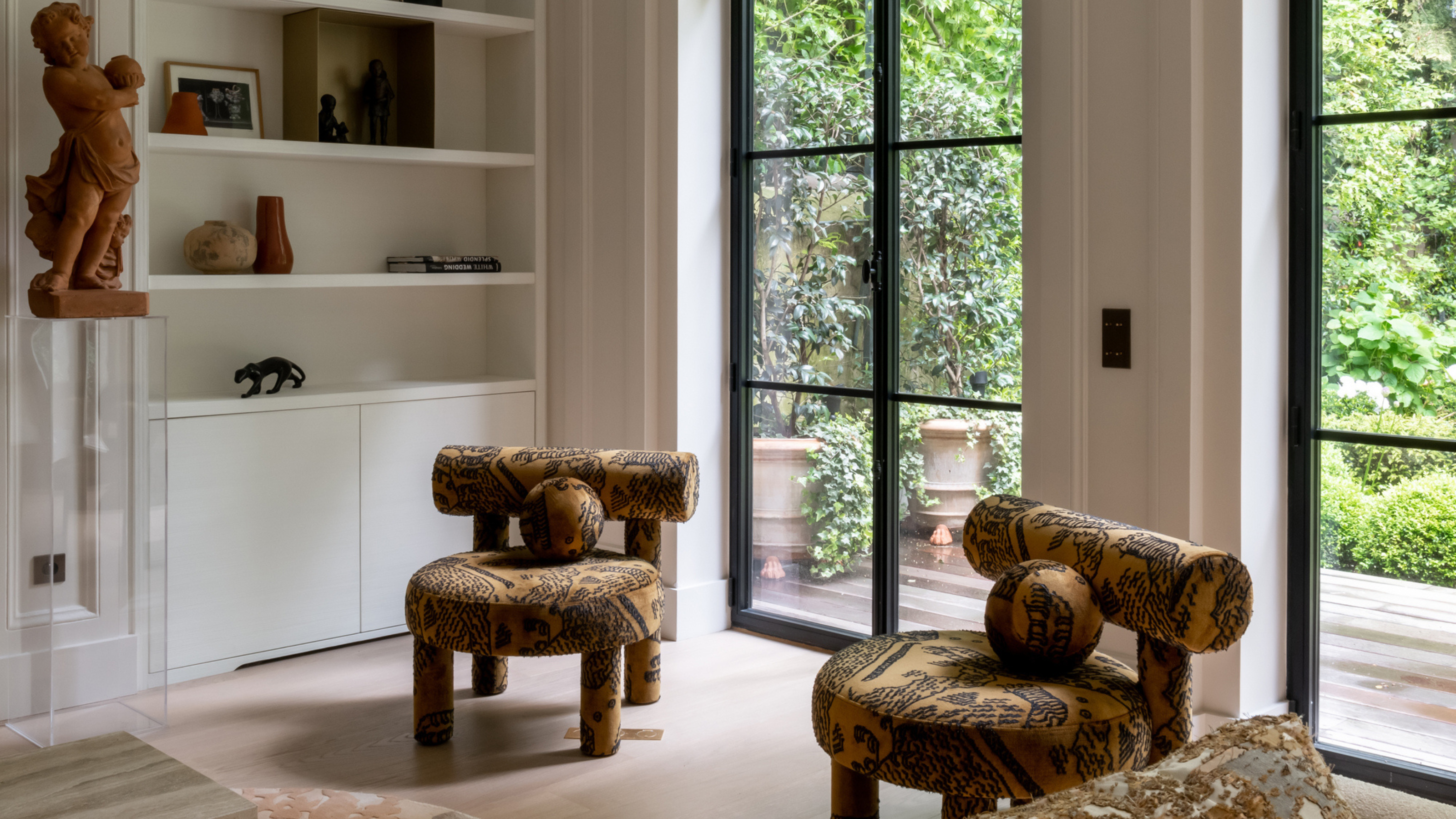 This Specific Fabric Print Is Literally Everywhere Right Now — Here's Why
This Specific Fabric Print Is Literally Everywhere Right Now — Here's WhyIt's whimsical, artistic, and full of character. We've called it already: Dedar's 'Tiger Mountain' is the fabric that will define 2025
By Devin Toolen
